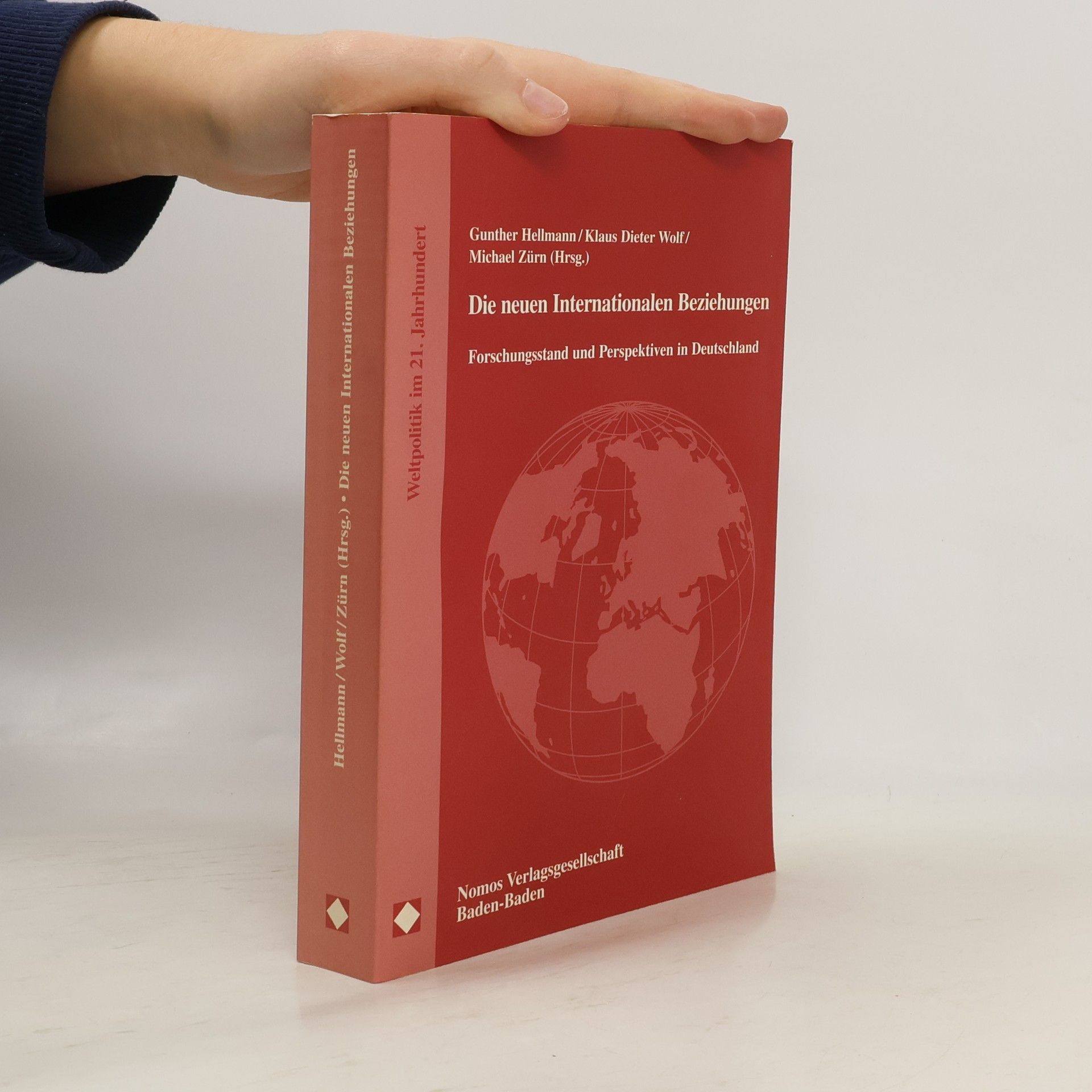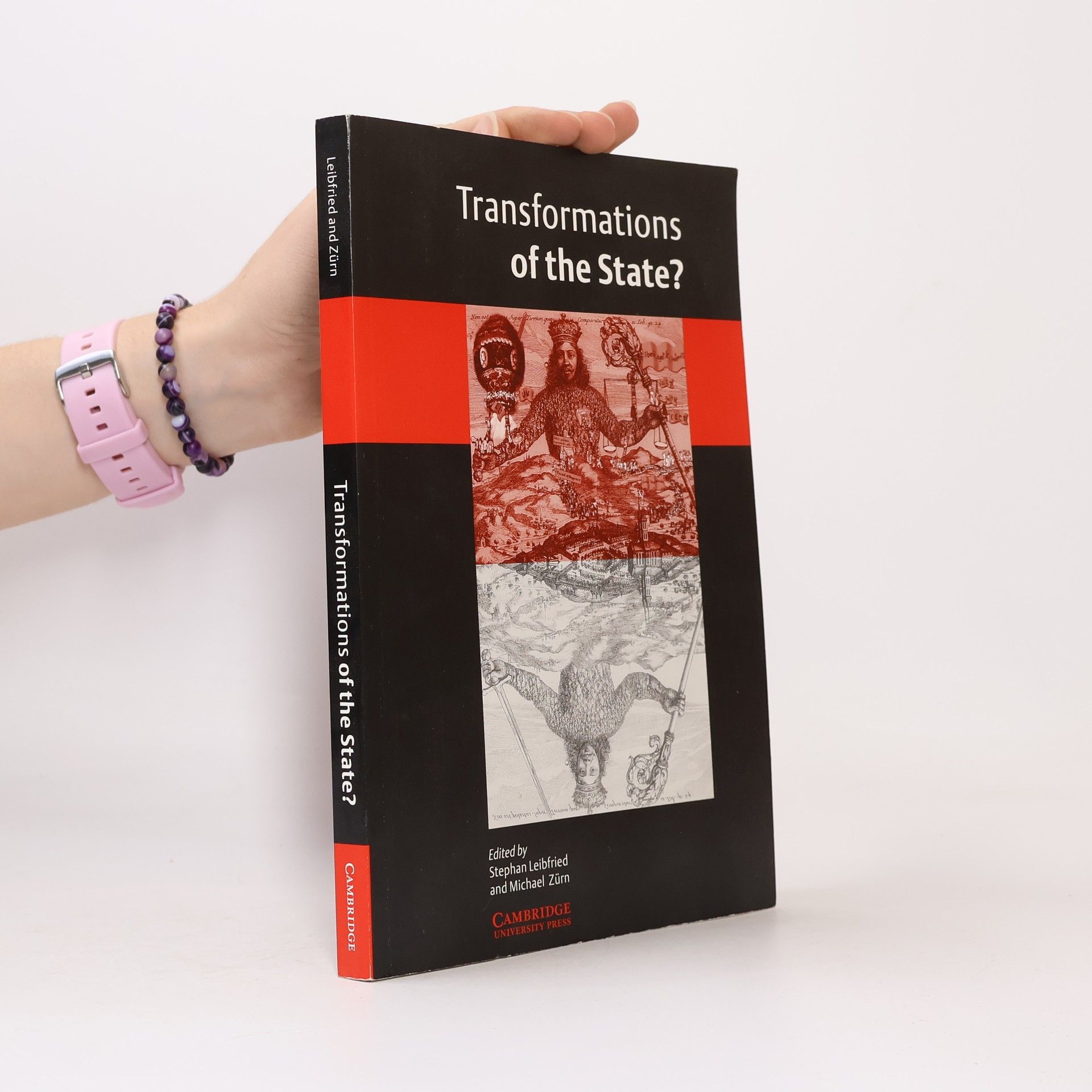The Democratic Regression
- 225 pages
- 8 hours of reading
There is a tendency in public debate to downplay the significance of populism by attributing its rise to the inadequacies of those who vote for populist leaders and parties. But this way of thinking prevents us from seeing that the rise of populism may be linked to problems and shortcomings in the way our democracies work. In this important book, Armin Schäfer and Michael Zürn argue that the rise of authoritarian populism is rooted in two developments that are specifically political in character: first, the unequal responsiveness of parliaments towards less privileged citizens; and second, the growing political role of non-majoritarian institutions, like central banks and international institutions, that remove decisions from public debate and entrust them to experts. Contemporary democracy is increasingly perceived as lacking openness and representativeness. More and more citizens come to feel that politics is made by a closed political class oblivious to the concerns of ordinary people, and those who share this view are more likely to vote for authoritarian populists. Although contemporary populists keep rubbing salt into the wound of liberal democracy, their responses fail to solve the problems of democratic politics. On the contrary, wherever authoritarian-populist parties have come to power, they have damaged democracy rather than expanding it or reducing existing inequalities.


